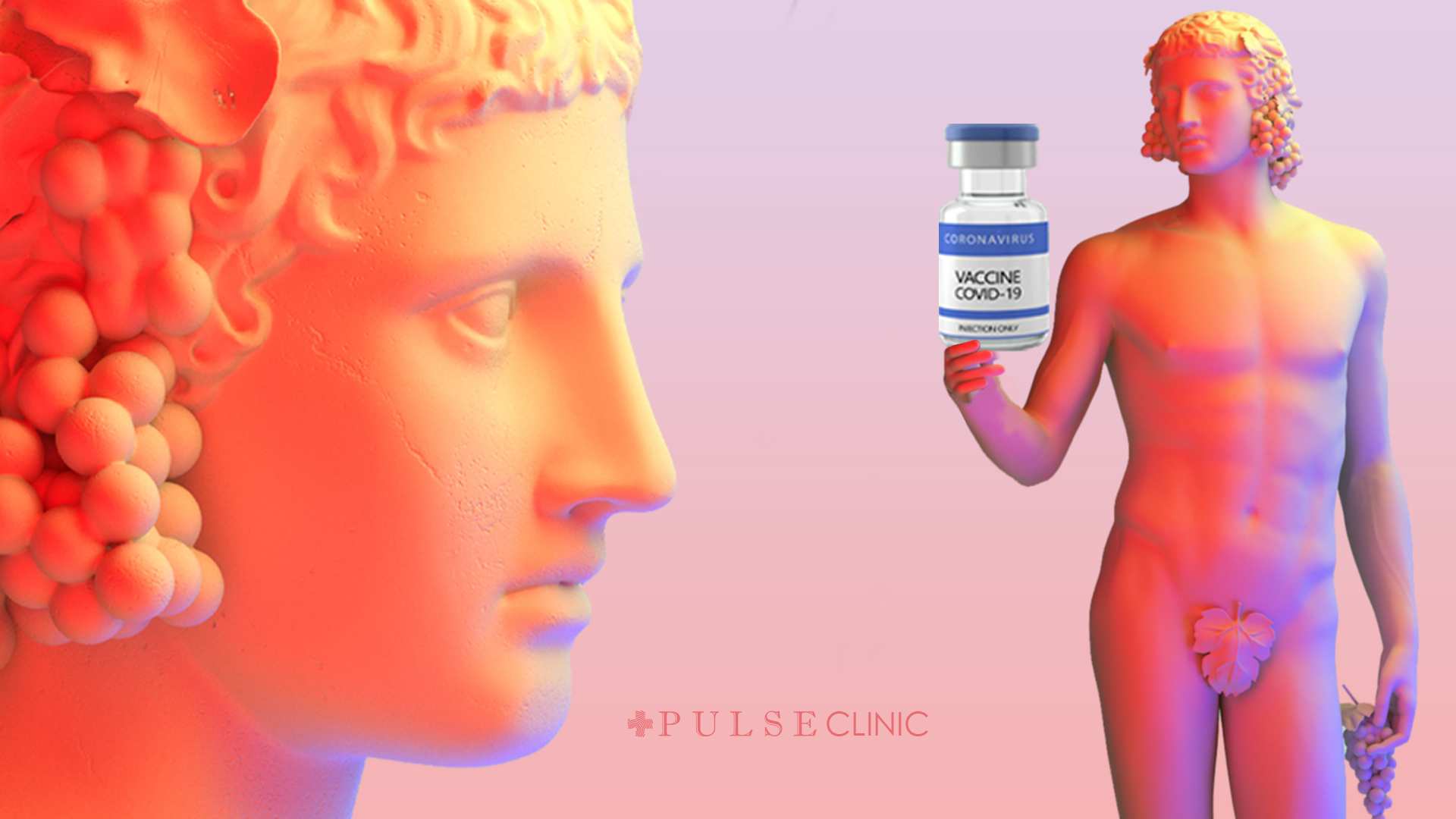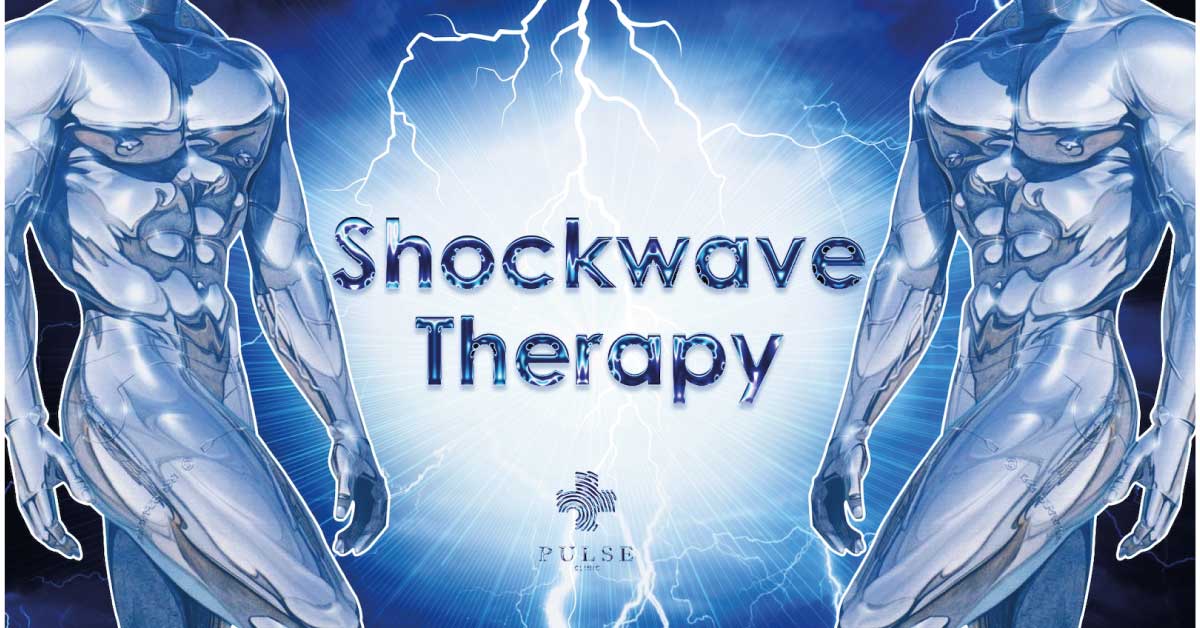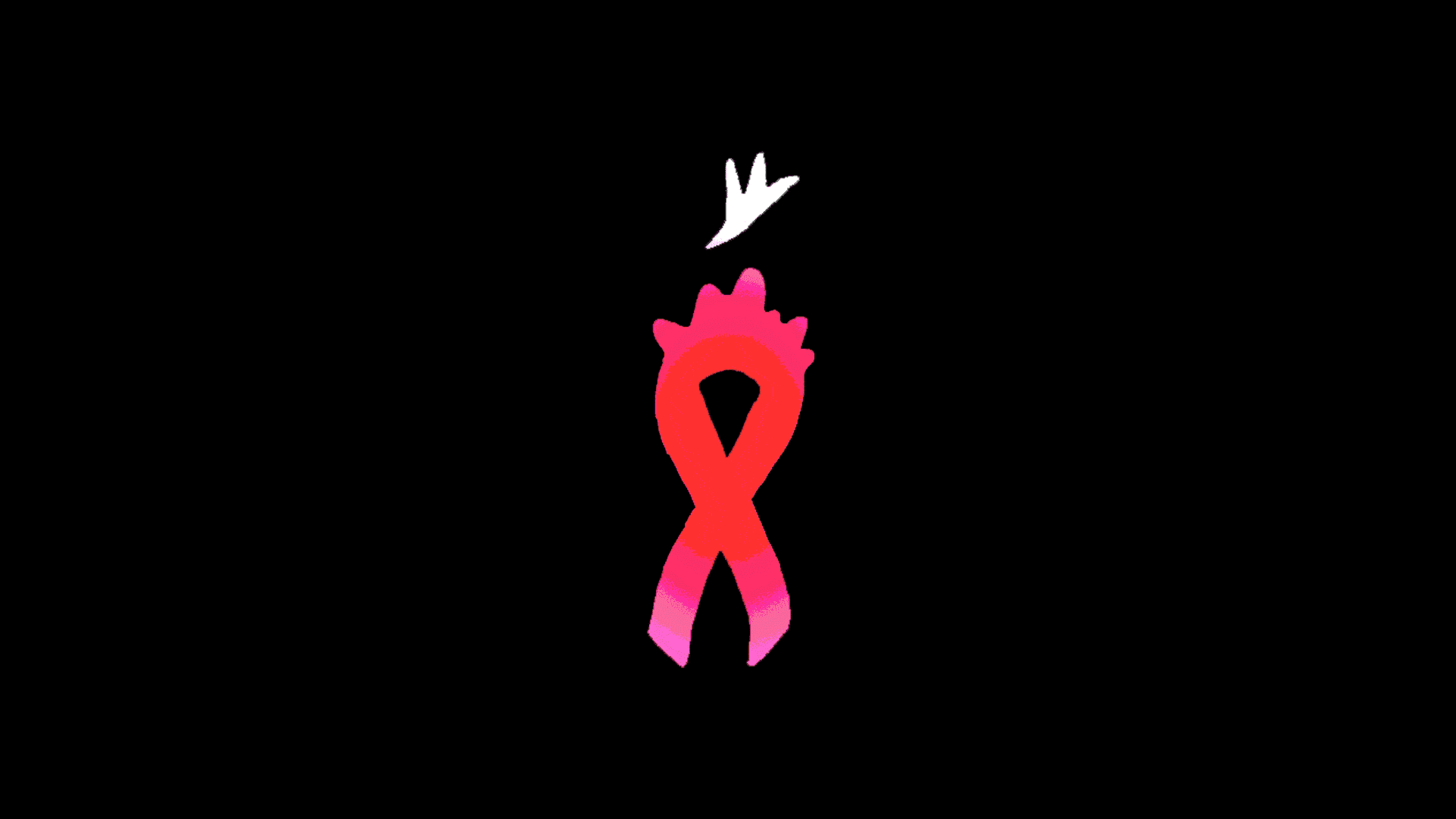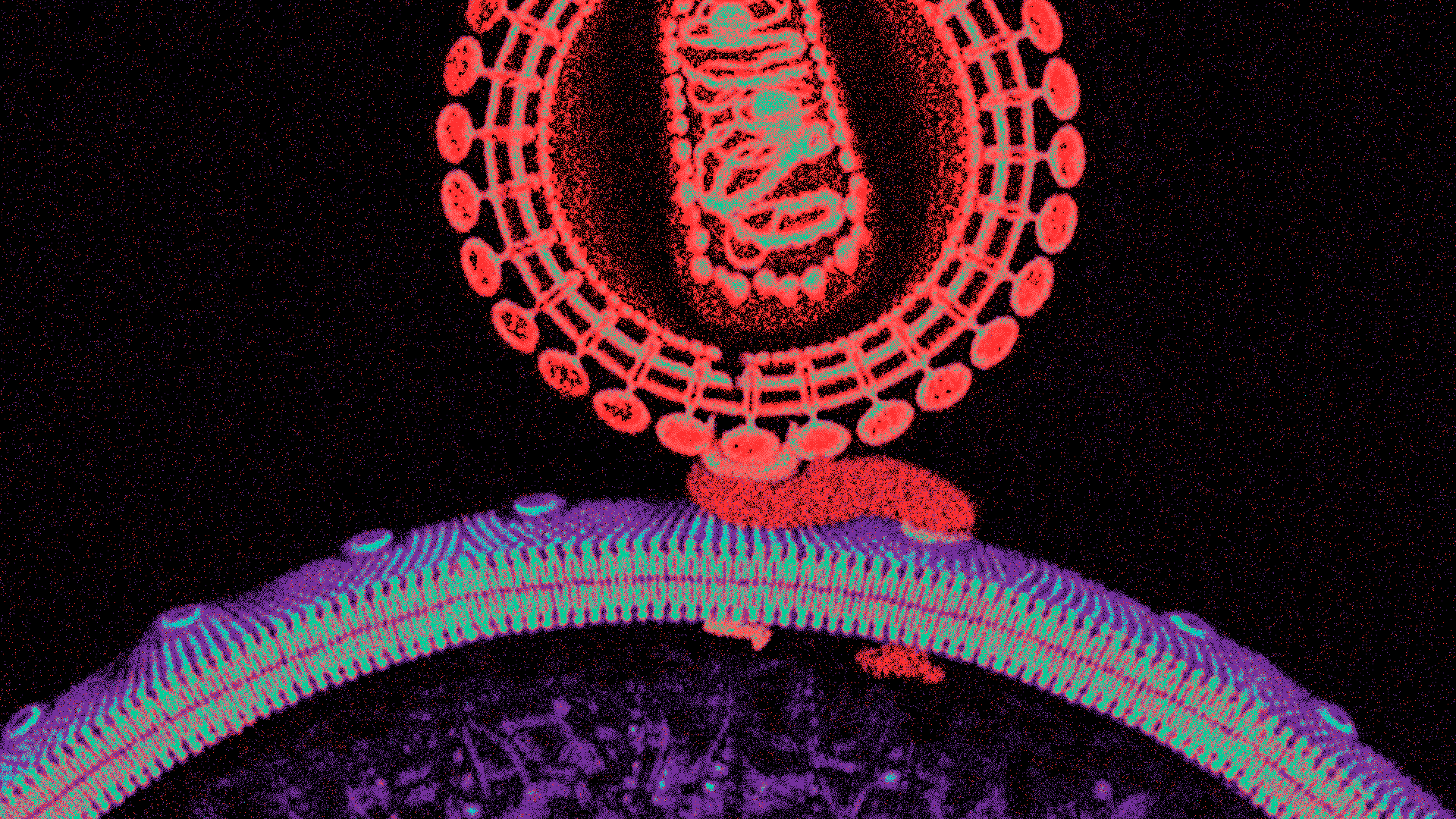
COVID-19 Vaccines Safe for people living with HIV
15249
Across the world, around 1.7 million people became newly infected with HIV in 2019. This number does not include cases that are never registered or documented. The HIV epidemic continues to be a medical crisis in 2021. However, it is also a secretive and highly stigmatized crisis. Many of the studies of COVID-19 vaccines initially limited their recruitment to participants who did not have other medical conditions.
After early studies showed that the vaccines were safe in the wider population, people with HIV have begun to take part in studies. This includes each of the four vaccines whose successful efficacy results have been publicly announced. Nonetheless, relatively small numbers of people with HIV have been involved so far and the length of time they have been in the studies is relatively short. For this reason, specific data on people with HIV has not yet been released from most of the studies.
People with HIV should have vaccination schedules based on their, age, CD4+ count (which indicates how immunocompromised they are), risk of infection, concurrent medical conditions, or medications (which may be immunocompromising). People living with HIV with CD4 counts below 350 are in the high-risk group and priority in vaccination. Immunocompromised people have weakened immune systems, so the virus sticks around longer and copies itself to a high degree. Through this process, the virus adapts to its human cellular environment faster than normal, promoting mutations and potentially the formation of more transmissible variants.
Vaccines help develop immunity by imitating an infection. This type of infection-induced by vaccines, however, almost never causes illness. In fact, it activates the immune system to produce antibodies and T-lymphocytes. Once the imitation infection induced by vaccines goes away, the body is left with a supply of memory T-lymphocytes, as well as B-lymphocytes that will remember how to fight off the disease in the future.
COVID-19 vaccines greatly reduce the risk of SARS-CoV-2 infection by working with the body’s natural defenses to safely develop immunity to the disease. However, it typically takes some weeks for the body to produce immunity against COVID-19 after vaccination. Therefore, after vaccination it is crucial to follow all preventive measures, e.g. wearing a mask, frequent hand washing, and keeping social distancing.
Have COVID-19 vaccines been tested in people with HIV?
The Pfizer study has recruited at least 196 people with HIV, but they were not included in the analysis published in the New England Journal of Medicine or the data which has led to approval by regulators in the US and UK. The Moderna study has recruited 176 people with HIV. One person who received the placebo and none who received the vaccine developed COVID-19. No unusual safety concerns were reported in people with HIV. The Oxford/AstraZeneca studies have recruited 160 people with HIV in the UK and South Africa, but they were not included in the main data set published in The Lancet. The Janssen (Johnson & Johnson) vaccine study has involved the largest number of people with HIV so far: 1218 people or 2.8% of all participants. The study was conducted in the United States, South Africa, and six Latin American countries. There were two cases of COVID-19 in people with HIV receiving the vaccine and four in people with HIV receiving the placebo. However, due to the small numbers of cases, this difference is not statistically significant and we cannot draw any conclusions about efficacy specifically in people with HIV.
Are COVID-19 vaccines safe for people living with HIV?
The COVID-19 vaccines under development or approved by regulators are believed to be safe for most people, including people living with HIV. Before vaccines are licensed for scale-up, national regulators review the data and ensure that they are safe. No data have emerged to cause worry that people living with HIV are at any greater risk from the COVID-19 vaccines than anyone else. The vaccines include some of the genetic material from SARS-CoV-2 (the virus that causes COVID-19), which stimulates our immune systems to make antibodies against the spike protein that SARS-CoV-2 uses to bind to human cells. None of the vaccine approaches under development or approved by regulators use live vaccines and so they should be just as safe in people with damaged immune systems, such as some people living with HIV who are not virally suppressed.
What are the common side effects of COVID-19 vaccines for people living with HIV?
As with most vaccines, mild symptoms in the days after a COVID-19 vaccination, typically a sore arm, but sometimes also a more generalized malaise or a mild fever, have been experienced by some people. A very small number of people have had a serious allergic reaction, which can be safely managed by keeping people under observation for 15 to 30 minutes after they receive the vaccine. There is no reason to expect that mild or more severe reactions occur at higher levels among people living with HIV. Serious side-effects of a vaccine may occur so rarely that they cannot be detected among the first people to be vaccinated. However, surveillance systems are in place to ensure that rare but serious adverse events are reported to the public health authorities and to the manufacturers of the vaccines.
Should people living with HIV be vaccinated against COVID-19?
For people living with HIV, COVID-19 vaccines bring the same benefits as they bring to all individuals and communities—prevention of severe disease due to SARS-CoV-2 and potentially reduced transmission of the SARS-CoV-2 virus. However, until levels of the virus have fallen to very low levels in the population, people should continue to take preventive measures against the SARS-CoV-2 virus (physical distancing, regular hand washing, wearing face coverings) even after vaccination. People living with HIV should take effective antiretroviral therapy, which not only keeps people healthy but also prevents ongoing transmission of HIV.
The vaccine is safe to administer because the vaccine does not contain live virus, it cannot infect you with COVID-19. Only in very rare cases have people experienced serious allergic reactions to the vaccine, and these have generally occurred in individuals with a history of serious allergic reactions. As long as you are not allergic to any of the vaccine’s ingredients, and any medications that you take--such as immunosuppressive drugs--do not interact negatively with it, then you can safely take it, even if you are immunocompromised or have an autoimmune condition. In fact, since being immunocompromised increases your risk for severe COVID-19, the Centers for Disease Control urges to get the shot.

Written by Dude Arnel Flores Lopez, BSN, RN 14 April 2021
Medically reviewed and updated by Dr.Deyn Natthakhet Yaemim, 10 April 2021
I have my prescription and I want to order now, TAKE ME THERE !






